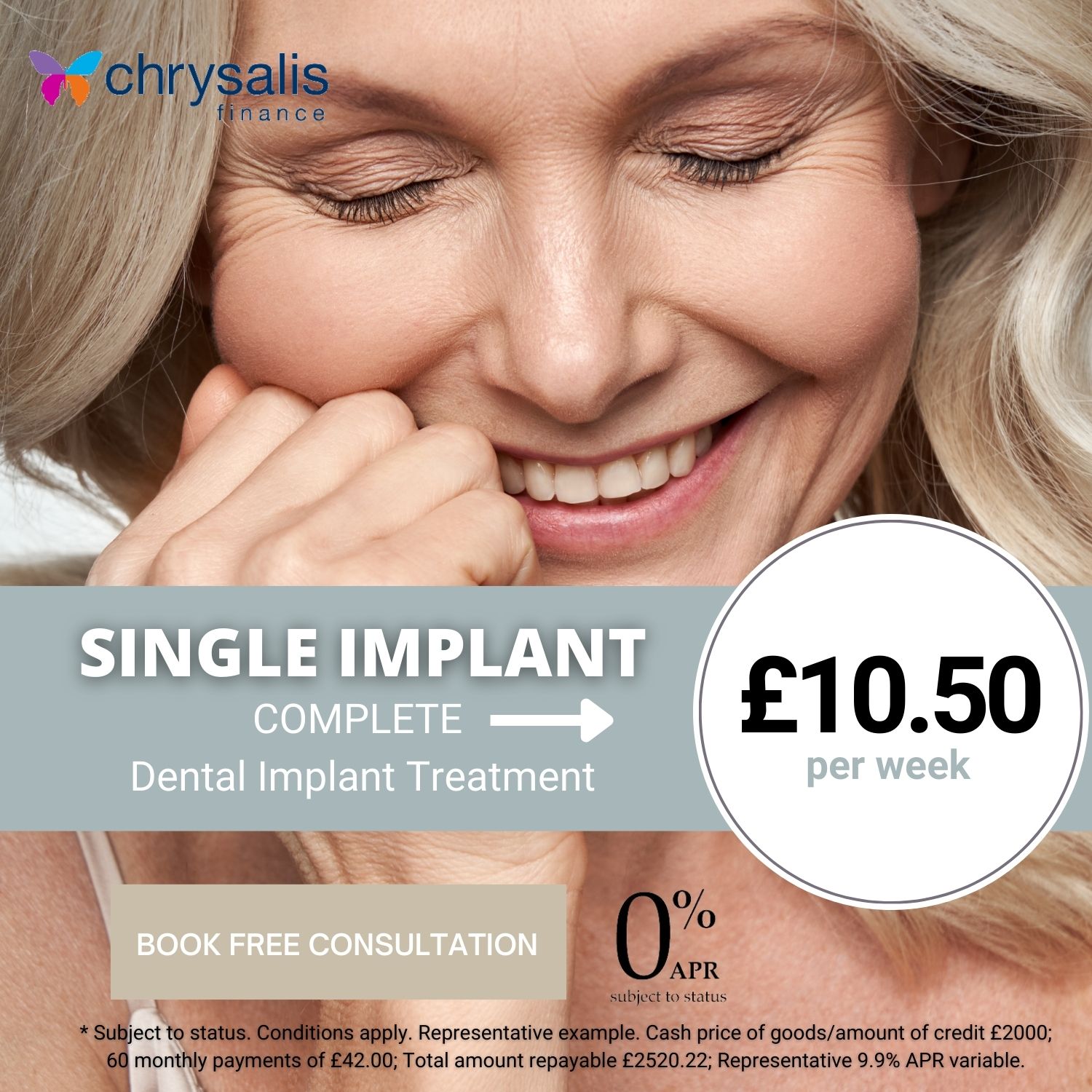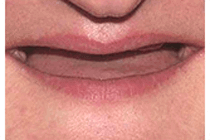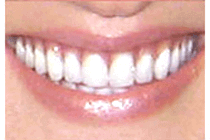Management of Peri-implantitis
It was once believed that dental implants were impervious to dental infections.
However, increasing evidence suggests that dental implants can be affected by gum disease similar to teeth.
There is a varying spectrum, like Periodontal Disease of natural teeth, as to how the infection affects and damages the interface between implant and bone.
Thus, proper post-treatment care of any implant is critical to the longevity of the treatment. Read more.




